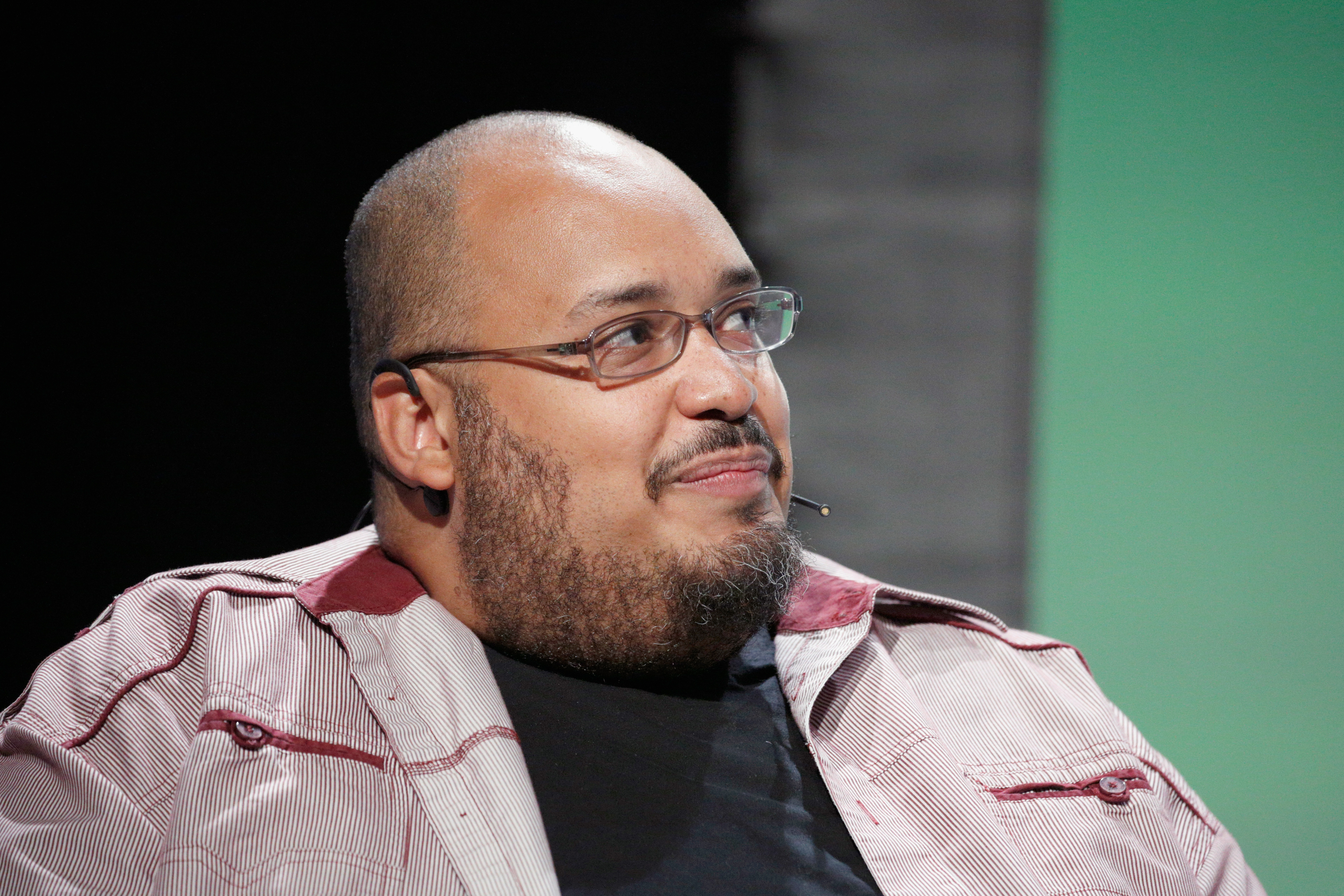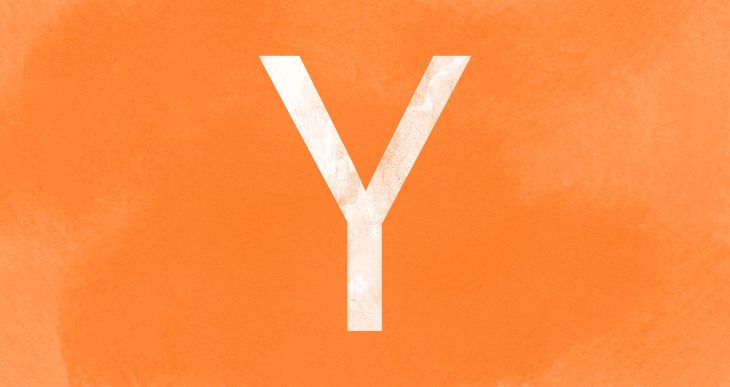Nearly 200 startups have just graduated from the prestigious San Francisco startup accelerator Y Combinator. The flock of companies are now free to proceed company-building with a fresh $150,000 check and three-months full of tips and tricks from industry experts.
As usual, we sent several reporters to YC’s latest demo day to take notes on each company and pick our favorites. But there were many updates to the YC structure this time around and new trends we spotted from the ground that we’ve yet to share.
CTO and HR demo days
YC knows its sweet spot: enterprise SaaS. One might go as far as to say it’s transitioning into a full-on SaaS incubator. Why? Because one of the greatest advantages of going through YC is the network of alumni companies you can tap into. Many successful B2B companies have emerged from the program, raised boat loads of venture capital funding and rocketed to the moon (hello Stripe, Brex, Gusto and Atrium). With that in mind, YC is doubling down on its resources for startups that sell products to other startups, which brings us to our first piece of news.
YC chief executive officer Michael Seibel and president Geoff Ralston announced this week that the accelerator has implemented something called CTO and HR demo days. In short, CTO and HR demo days are an opportunity for B2B startups to pitch their products to YC alum companies’ CTO and/or head of HR. Seibel and Ralston said 60 CTOs attended the event, as well as 30 HR heads. In total, 42 startups presented and we’re guessing a bunch of those companies booked a few customers.

Y Combinator CEO Michael Seibel
Tech for good
On top of that, the accelerator has decided to place more emphasis on building companies that do good for the world. This is something that has long been important to the YC team but not necessarily prioritized with formal programming. To kick off its new efforts as well as kick off the entire batch programming as a whole, YC invited a pair of well-known founders (and YC alums) to give their spiel.
It was none other than Airbnb’s Brian Chesky and Joe Gebbia, who spoke about Airbnb’s efforts to build a lasting business that enacts positive change in the world.
‘We… intentionally only try to find good people,” Ralston said during a small press conference ahead of YC demo days this week. “We’ve seen good business models and said that’s not a founder we look for. You might find a company with the best intentions… But when you get as big as Airbnb, unless you say we actually care about the world we’re creating, it doesn’t necessarily flow through the company.”
Mental wellness
YC has also added programming intended to teach founders how to be conscious of their mental state. Given the pressures associated with building a successful startup, founders can be particularly prone to stress, anxiety and other mental health issues but are often not equipped with the tools to better manage these issues. YC’s hope is by starting a dialogue around mental health early and by hosting workshops for founders they can enact change in the startup community.
Going global
The third and final piece of news involves YC’s global efforts. The accelerator says it’s putting increased effort into encouraging companies in international markets to apply to its program. This year had the largest batch of companies headquartered in or catering to Indian and Latin American markets. In total, there were 27 startups from the two regions: 11 Indian companies, including GreenTiger — the Robinhood for India; and 16 Latin American startups, including Mudafy — Compass for Latin America. Seibel and Ralston said they plan on stepping up their game in Asia, specifically.
Industry breakdown
Now let’s talk more about all the industries represented in the summer batch. This time around, we noticed a real lack of hardware and robotics upstarts. Also missing from the batch — for the most part — are the buzzwords of yesteryear, like 3D printing, IoT, micromobility pet tech. Shout out to the one and only virtual reality startup, Zenith, formerly known as RamenVR.
Here’s a partial look at the various sectors represented in the S19 batch:
- Consumer tech: 24 companies (MoFE, Elpha)
- Data and dev tools: 22 companies (PopSQL, Lazy Lantern)
- Future of work: 20 companies (Juno College of Technology, Dover)
- Healthcare: 14 companies (Stoic, Sequence Bio)
- B2B: 13 companies (Vouch, Business Score)
- Fintech: 12 companies (UpEquity, GradJoy)
- Applications of AI: 12 companies (Wingman, Traces)
- Housing and sustainability: 10 companies (NODE, Rent the Backyard)
- Streamlining cafes and restaurants: 4 companies (Yummy Future, Cuboh)
- Food delivery: 4 companies (Talar, Breadfast)
Here’s a look at some of the profiles we’ve written on the S19 companies:
- Fresh out of YC, Tandem lands millions from a16z
- Stoic is a journaling app with a focus on understanding your feelings
- Narrator wants to become the operating system for data science
- This startup is building a weed breathalyzer for cops
- Lokal wants to bring local news to 900M Indians in their regional languages
- Holy Grail is using machine learning to build better batteries
- YC’s latest bet is building a cyberpunk anime MMO
- Rent the Backyard wants to build a studio apartment in your yard
- Shiru is developing a protein replacement for food additives
- Lumineye helps first responders identify people through walls
- GradJoy is a fintech startup to help you knock out your student loans
- Traces AI is creating a less invasive alternative to facial recognition tracking
Here’s a full reading list if you’re interested in learning about each and every single company, as well as our personal favorites:
- All 84 startups from Y Combinator’s Demo Day 1
- All 82 startups from Y Combinator’s Demo Day 2
- The 11 best startups from YC’s Demo Day 1
- Our 12 favorite startups from Y Combinator’s S19 Demo Day 2
- YC’s Michael Seibel on building startups and early-stage deal-making
As you can see, YC welcomes a variety of startups to the program each year. And as Seibel told us during an exclusive interview featured on the latest episode of Equity, TechCrunch’s venture capital podcast, they don’t try to be too smart when they’re wading their way through the tens of thousands of applications sent in each year.
“If we’re following the trend, we’re five years behind,” Seibel said on the podcast. “So what we do instead is we just try to fund smart founders and not be too smart.”
